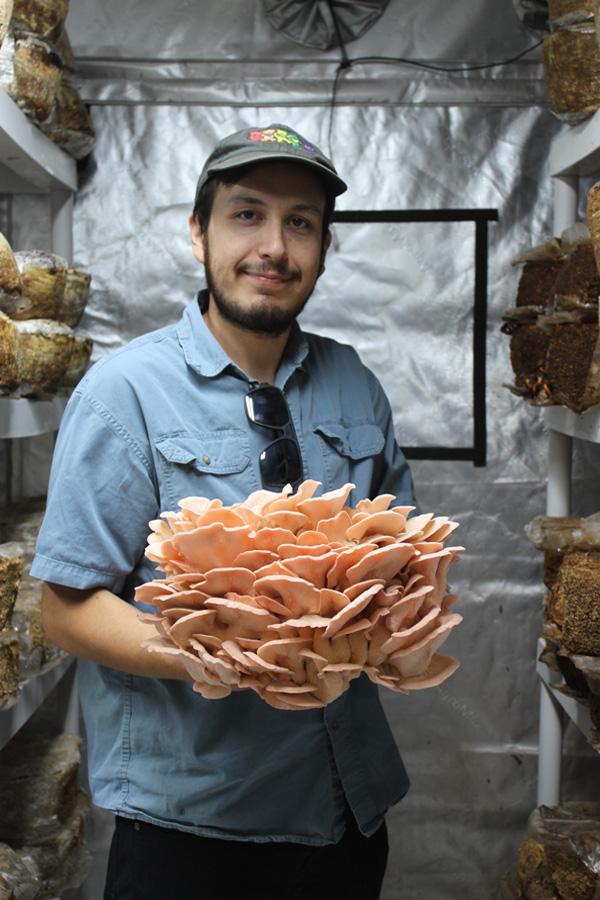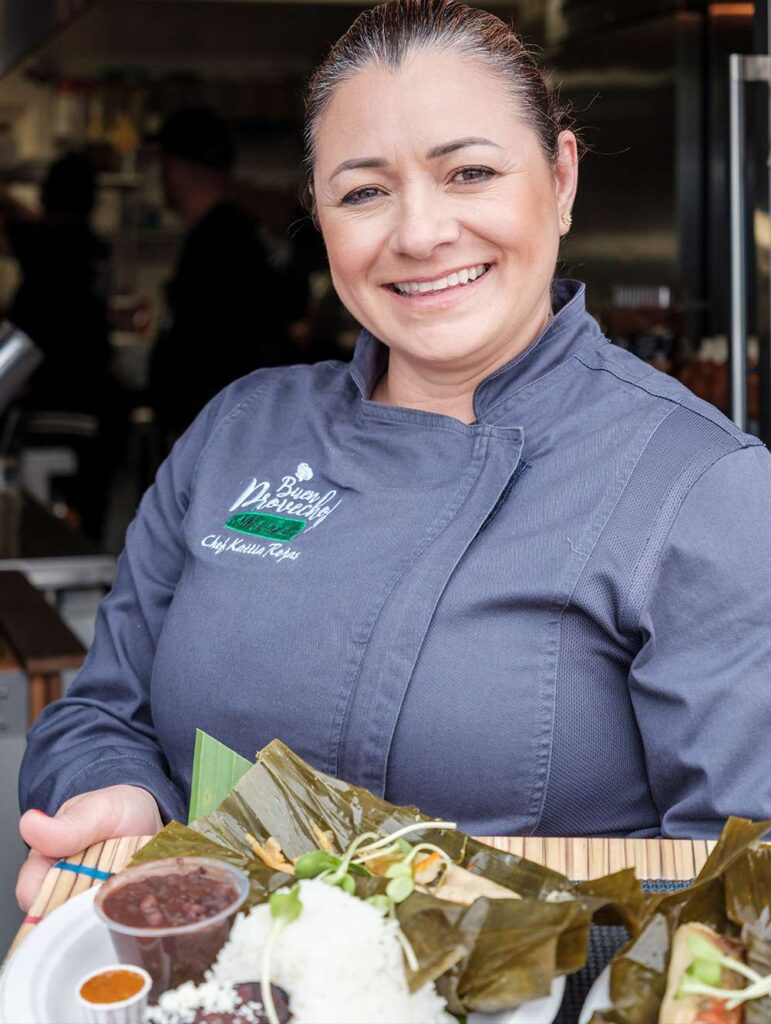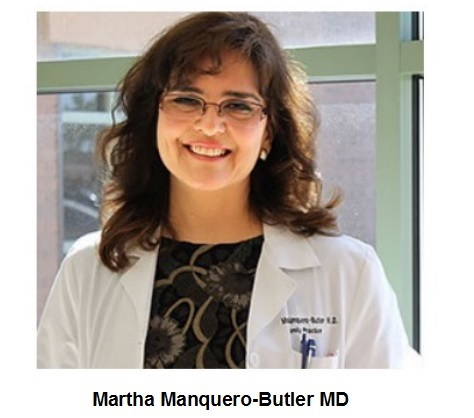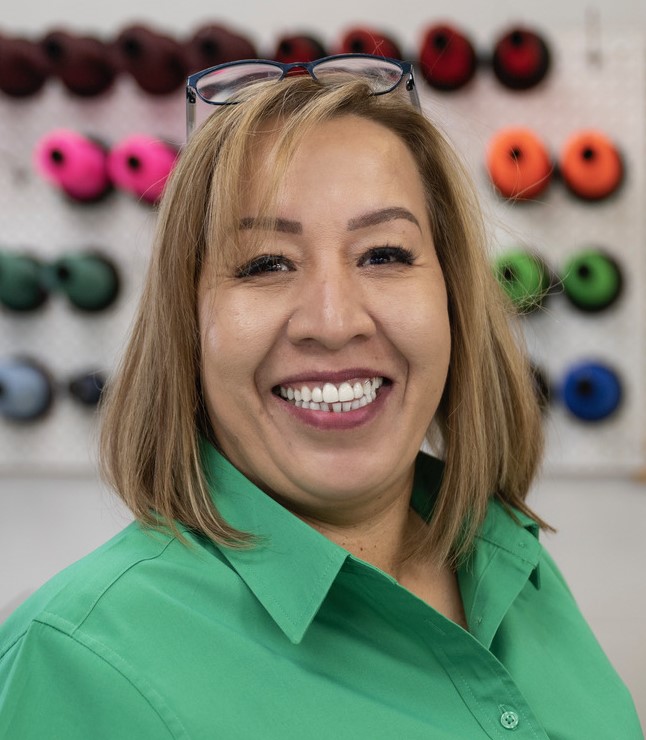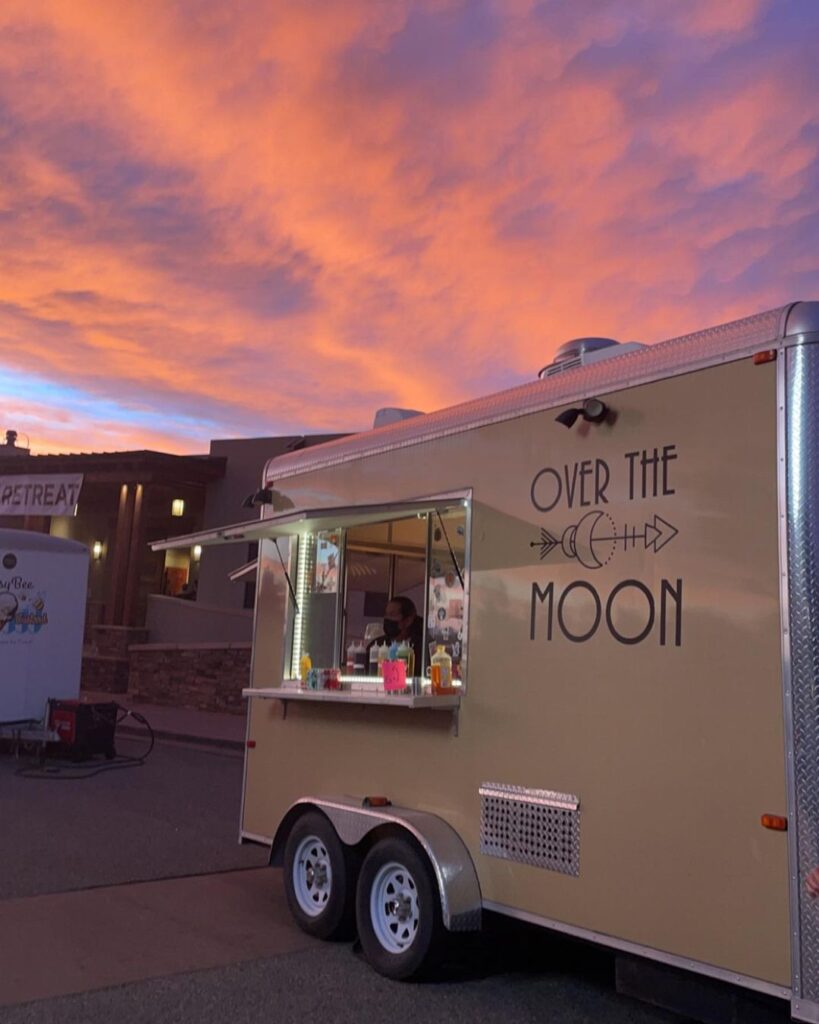Tony Zancanella has a lot of ideas and big plans when it comes to transforming old industrial buildings into places where art can flourish. As the director of Opera Southwest (OSW) in Albuquerque, he has been working for the past ten years to bring one vision in particular to fruition. That vision became a reality in September of 2022 with the purchase of the 11,500 s.f. former Spitzer Automotive warehouse on 3rd and Mountain, just north of the downtown area. The building will now function as the Opera’s technical production facility where a staff of skilled technicians and artists can work their magic creating the sets, props and costumes that are integral to the opera experience.
Tony’s energy, enthusiasm and focus are evident from the moment he starts speaking of OSW’s latest investment. “This space allows us to build our own sets right here in Albuquerque, whereas formerly we’ve had to contract with companies in Texas, New England, and California.” OSW, he emphasizes, is now poised to provide critical jobs for the production side of theater. “These are good jobs, interesting jobs that will bring economic diversity and opportunity for skilled workers to one of Albuquerque’s core historic neighborhoods.”
Continue reading

